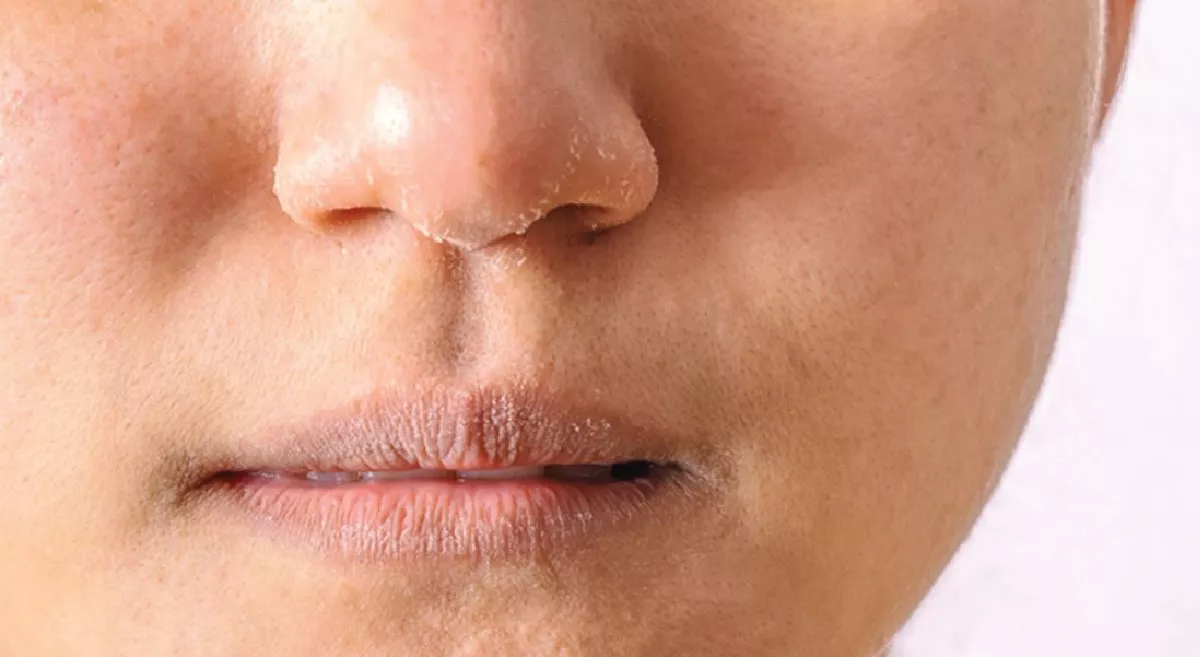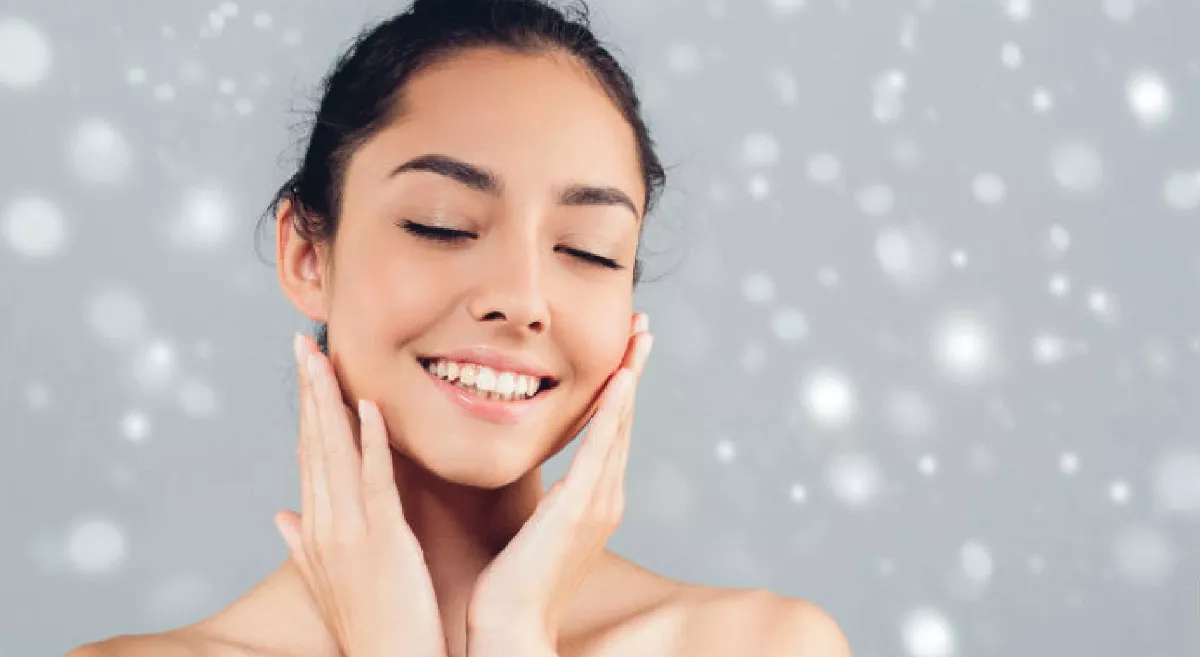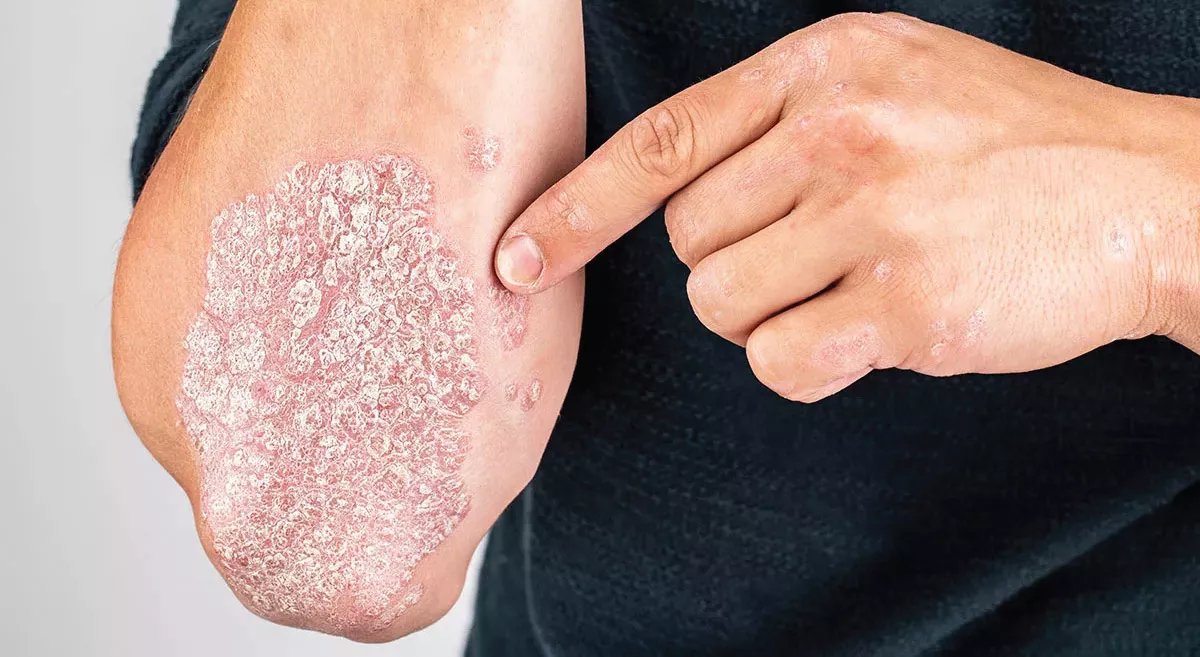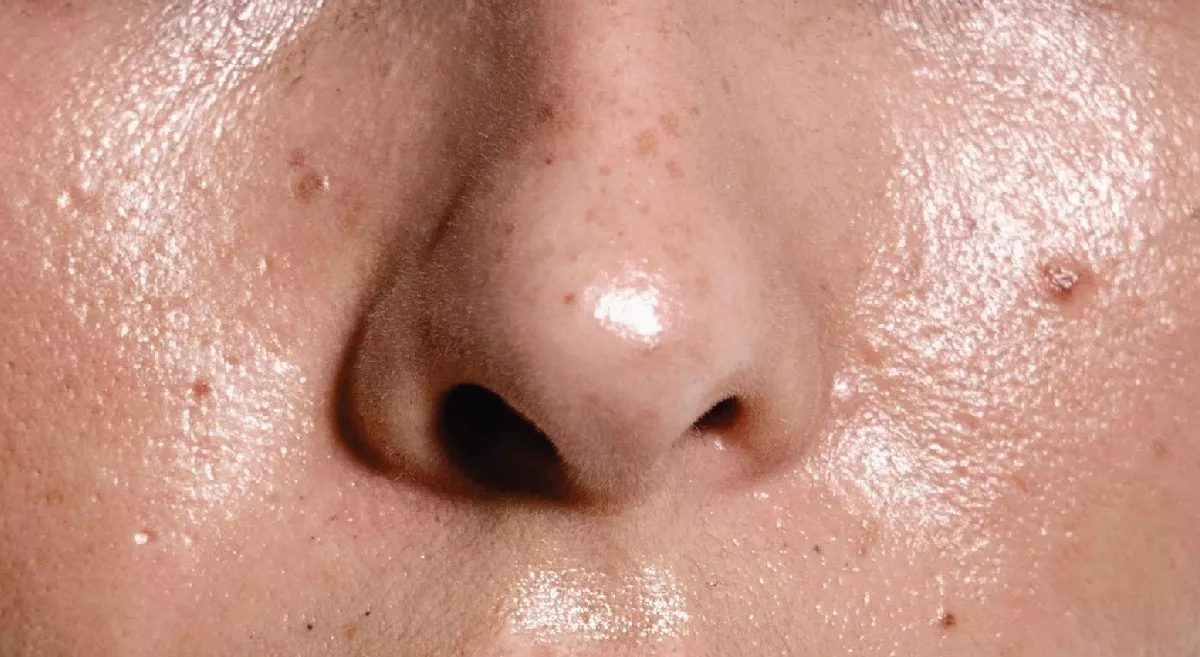Winter and Bangalore-like weather (which is typically moderate, with cooler evenings and mornings, and relatively dry conditions) can bring specific skin concerns. Here are some of the most common skin problems people face during this time:
1. Dryness & Dehydration
Cause: The cooler, drier air in winter or Bangalore-like weather often strips the skin of moisture, leading to dryness.
Symptoms: Flaky, rough skin, tightness, dullness, and visible cracks in the skin.
Prevention/Treatment: Use rich moisturisers with ingredients like hyaluronic acid, ceramide, or Shea butter. Avoid hot showers, as they can exacerbate dryness. Drink plenty of water to keep skin hydrated from within.
2. Chapped Lips
Cause: Lower humidity and cold air can lead to chapped, cracked lips.
Symptoms: Dry, cracked, peeling lips, sometimes with pain or bleeding.
Prevention/Treatment: Apply lip balms with nourishing ingredients like beeswax, lanolin, or vitamin E. Avoid licking your lips, as it can worsen dryness.
3. Eczema (Atopic Dermatitis) Flare-ups
Cause: The dry air can trigger eczema in individuals who are already prone to the condition, leading to itchy, inflamed patches of skin.
Symptoms: Red, itchy, and inflamed patches of skin, often on the hands, face, or behind the knees.
Prevention/Treatment: Use fragrance-free, hypoallergenic moisturisers. Topical steroids (as prescribed by a doctor) can help reduce flare-ups.
4. Psoriasis
Cause: Cold, dry weather is a common trigger for psoriasis flare-ups, leading to scaling, redness, and irritation.
Symptoms: Red, scaly patches of skin, typically on the elbows, knees, or scalp.
Prevention/Treatment: Regular moisturising is key. Consider using prescription creams like topical steroids or vitamin D analogues. Consult a dermatologist for severe flare-ups.
5. Cracked Heels
Cause: Dry skin on the feet, combined with walking barefoot or wearing open shoes, can lead to cracks, especially in the winter.
Symptoms: Cracked, painful heels, sometimes bleeding or peeling.
Prevention/Treatment: Moisturise your feet regularly, using foot creams with urea or glycerine. Exfoliate dead skin with a pumice stone and wear shoes that protect your heels.
6. Contact Dermatitis
Cause: Wearing thicker clothing and using harsh fabrics in winter can irritate sensitive skin, causing contact dermatitis.
Symptoms: Red, itchy rash in areas where clothing or products have come into contact with the skin.
Prevention/Treatment: Choose soft, breathable fabrics, like cotton, and avoid wool if it's causing irritation. Use gentle, fragrance-free skincare products.
7. Skin Sensitivity
Cause: Cold weather can cause the skin’s natural barrier to weaken, making it more prone to irritation, redness, and sensitivity.
Symptoms: Skin redness, stinging, or burning sensations when applying skincare products.
Prevention/Treatment: Use soothing, fragrance-free products with ingredients like aloe Vera, chamomile, or oatmeal. Avoid harsh exfoliants during this time.
8. Acne Breakouts
Cause: In Bangalore-like weather, the drop in humidity can cause skin to become oilier, leading to clogged pores and acne breakouts. Additionally, the use of heavier creams may contribute to clogged pores.
Symptoms: Pimples, blackheads, or cystic acne, often around the forehead, chin, or jawline.
Prevention/Treatment: Use non-comedogenic moisturisers and gentle cleansers. Avoid over-drying the skin, which can trigger oil production. Salicylic acid or benzoyl peroxide can help manage breakouts.
9. Winter Rash (Cold Urticaria)
Cause: Some individuals develop rashes or hives due to exposure to cold air or temperature changes.
Symptoms: Raised, red welts or hives, often after exposure to cold.
Prevention/Treatment: Dress warmly and avoid sudden temperature changes. Antihistamines can be used to reduce symptoms.
10. Hyperpigmentation or Dark Spots
Cause: In some cases, the cooler weather can lead to less sun exposure, but the dryness can trigger pigmentation due to lack of moisture or from previous sun exposure.
Symptoms: Dark spots or uneven skin tone, especially after acne breakouts or skin irritation.
Prevention/Treatment: Use a broad-spectrum sunscreen even on cloudy days. Apply serums with vitamin C or niacin amide to brighten skin and reduce dark spots











